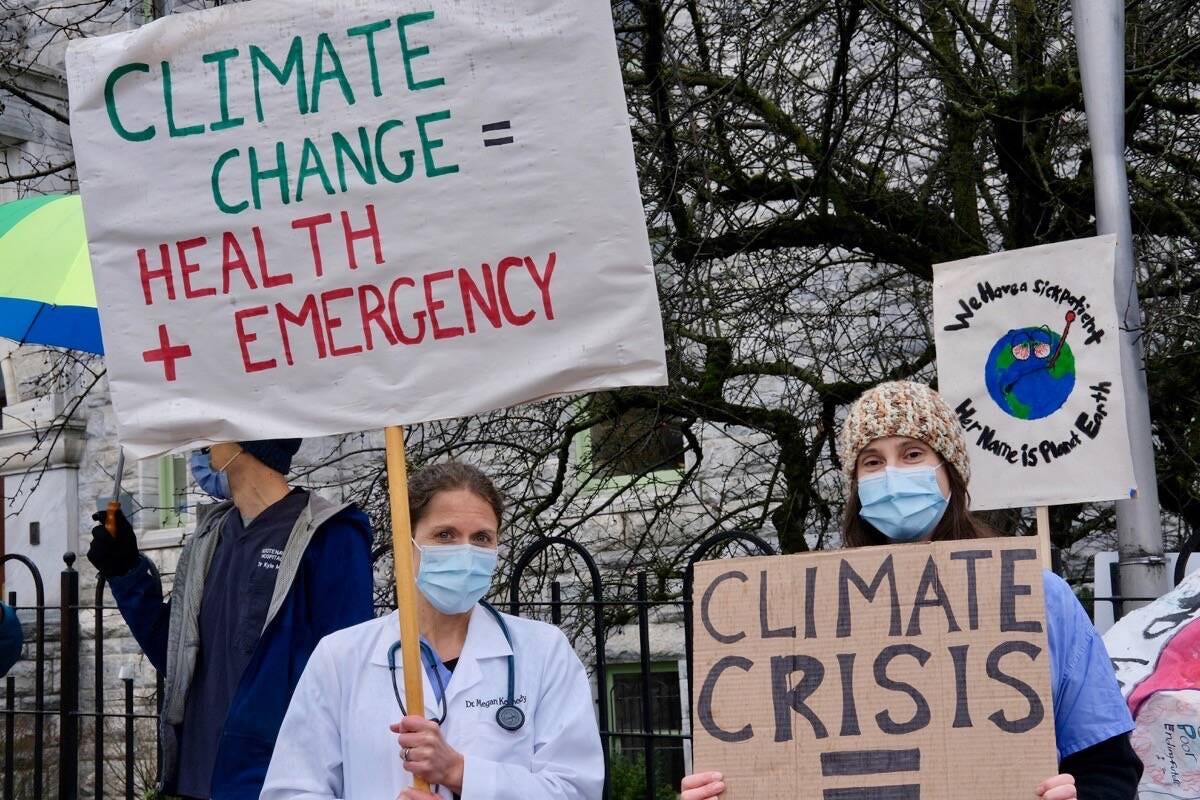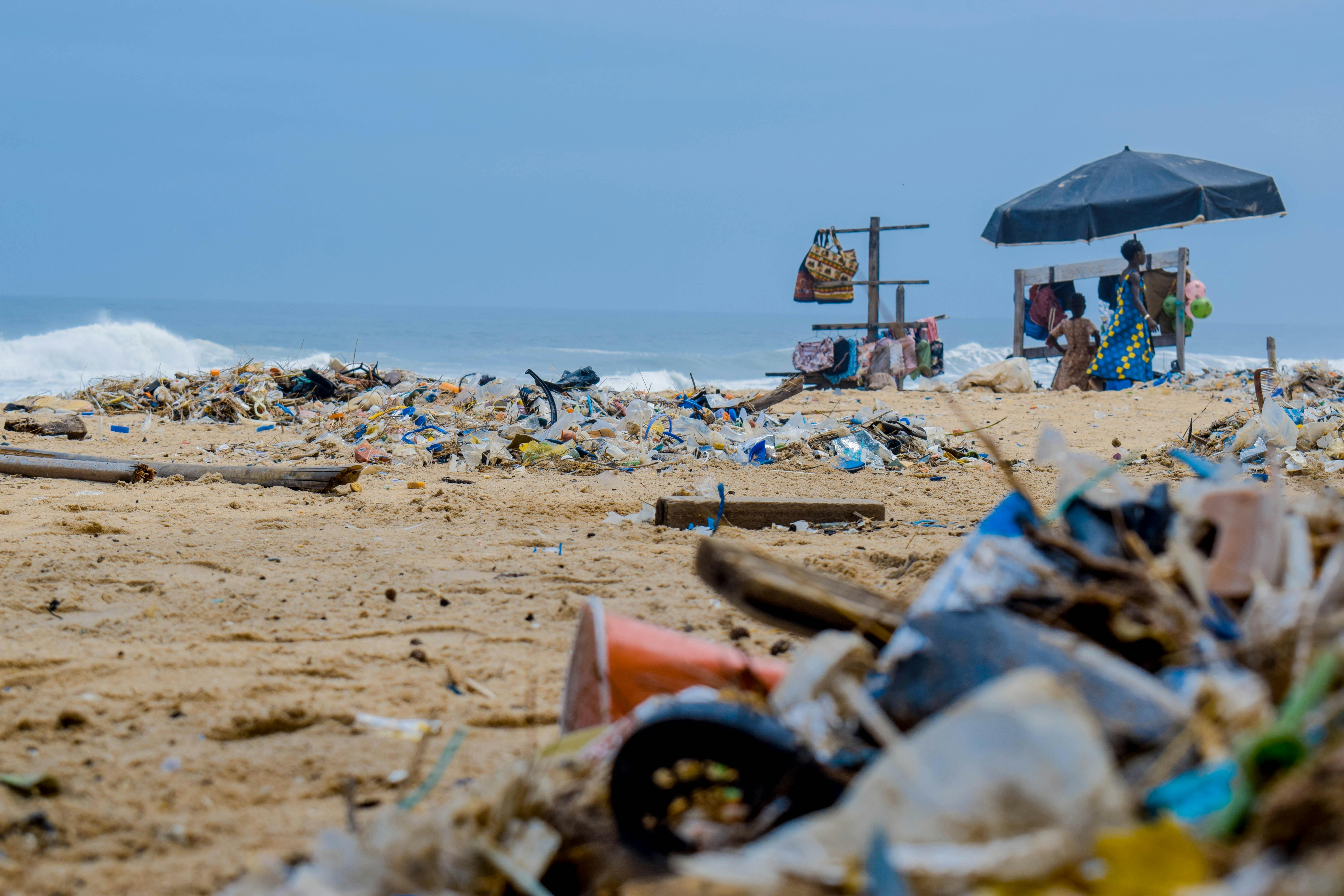- UNDP and WHO warn climate change is now a global health emergency, threatening billions worldwide.
- Rising heat, famine, pollution, and collapsing health systems show urgent need for health-centered climate action.
The climate crisis was initially seen as an environmental challenge only, but it is now widely recognized as a health crisis that endangers the lives of billions.
At the 30th Conference of the Parties to the United Nations Framework Convention on Climate Change (UNFCCC) (COP30) summit, held in Belém, Pará, Brazil, from 10–21 November 2025, Dr. Tedros Adhanom Ghebreyesus, the World Health Organization (WHO) Director General, expressed the idea that, “A sick planet means sick people.” He emphasized that the climate crisis is a health crisis not in the future, but now.
He also remarked, “It’s much easier to convince people of the need to protect their own health or that of their children, than to protect glaciers or ecosystems. Both are important; one is a lot closer to home.”
Global warming and hotter weather are enabling mosquitoes that transmit malaria and dengue to gradually extend into areas that have never experienced these diseases before, while floods are causing an increase in cholera and other waterborne illnesses.
The climate crisis is also a nutrition emergency. Globally, agricultural production is deteriorating due to droughts and floods, which eventually leads to hunger and malnutrition.
Read More
Besides food and water insecurity, the continued reliance on fossil fuels exacerbates the health crisis. Large populations, including many children, live near fossil fuel facilities, facing elevated risks of cancer, respiratory diseases, and even premature death due to exposure.
For example, emissions from coal fired power stations increase the incidence of respiratory, cardiovascular, and cardiopulmonary diseases, contributing to premature deaths among people living close to these stations in South Africa.
The deterioration of air and water quality also harms human health and degrades vital ecosystems.
In addition, climate related disasters burden people psychologically. Losing homes, livelihoods, and facing natural disasters repeatedly leads to trauma, anxiety, and depression in affected populations.
Healthcare systems are under mounting strain. Hospitals and clinics are increasingly overcrowded, and one in twelve worldwide is at risk of climate related shutdowns. Facilities are often disrupted or destroyed by floods, hurricanes, and wildfires.
At COP30, the Belém Health Action Plan was welcomed by governments as a framework to strengthen the resilience of health systems against climate shocks and to address health care inequalities, especially in vulnerable regions.
The evidence is beyond doubt. Each degree of warming leads to more illnesses, deaths, and inequalities. To name just a few of the recent tragedies: heatwaves in Asia, famines in Africa, and air pollution everywhere in the world.
Follow us on WhatsApp for real time updates, community voices, and stories that matter.







